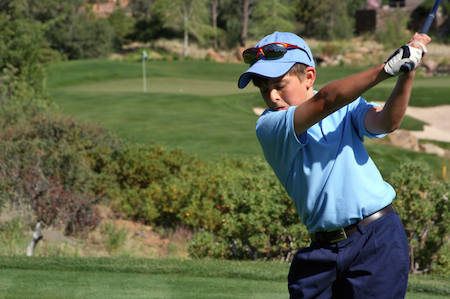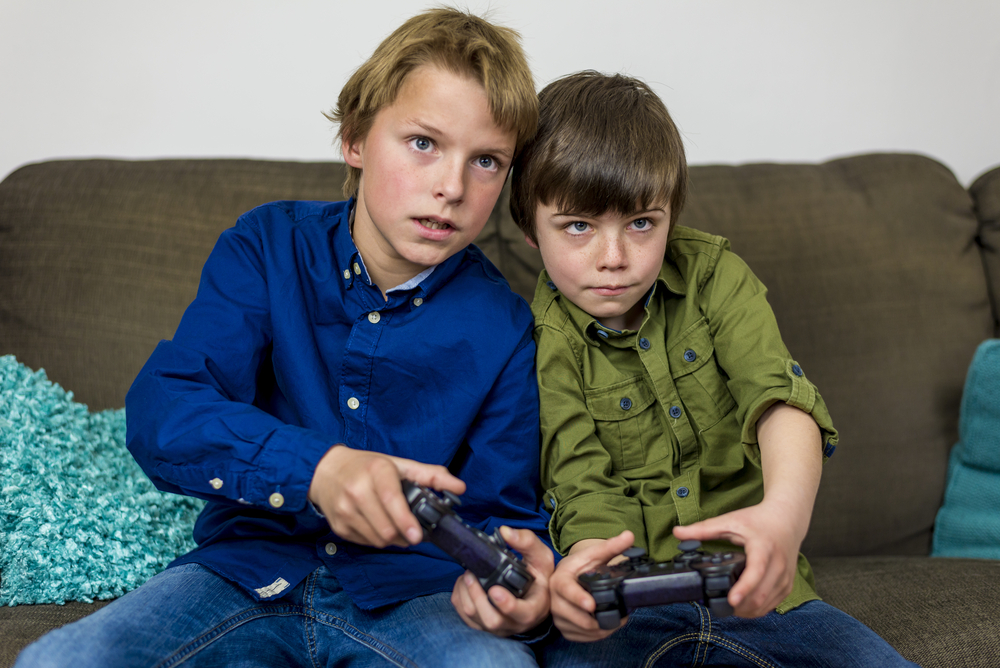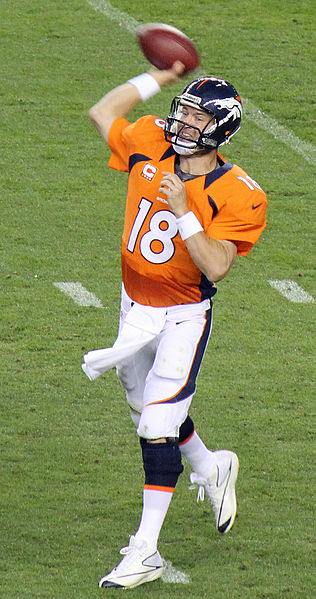Why 3D Video Games Might Actually Be Good For Young Brains
By Dan Peterson, TeamSnap's Sports Science Expert
Just about every parent has said it, “Stop wasting your day playing those video games! Get outside, run around, enjoy the fresh air.” It seems like obvious, logical advice for kids growing their brains and their bodies. While there is nothing wrong with playing outside, the claim that video games have no redeeming value is starting to be refuted by science. The latest example is a study by researchers at the University of California-Irvine that found that playing 3D video games actually improved memories in college students.
While a number of brain training software apps have popped up over the last few years, they don’t yet have a substantial base of research showing that their games directly transfer to real life improvements. Most of these apps try to isolate specific cognitive skills, like memory, attention, decision-making or reaction time, within their games to train just one skill at a time.
However, the action-oriented, 3D first-person view of games like Call of Duty, Mario World and Halo require the user to become fully immersed in the environment, mimicking the real world that users go back to after playing.
"It's quite possible that by explicitly avoiding a narrow focus on a single cognitive domain and by more closely paralleling natural experience, immersive video games may be better suited to provide enriching experiences that translate into functional gains," said Craig Stark PhD, professor of neurobiology and behavior at UC-Irvine.
Dr. Stark, along with Dane Clemenson PhD, post-doctoral fellow, gathered college student volunteers who had no gaming experience to see if the immersive 3D environment (using Super Mario 3D World) would be better than a flat, 2D game (Angry Birds) as well as a control group who played no video games.
First, each of the three groups took a memory test consisting of an image recognition task. They were shown pictures of everyday objects followed by pictures of new objects and slightly altered objects. Their job was to pick out which objects had changed. This task relies on the hippocampus area of the brain, involving complex learning and memory.
Then the fun started. For the next two weeks, the students got to play the video games for 30 minutes per day. Drs Stark and Clemenson expected to see improvement from the 3D group simply because it is much more realistic allowing the brain to relate similar visual, spatial, emotional, motivational, attentional, critical thinking, problem-solving and working memory skills from their everyday life.
"First, the 3D games have a few things the 2D ones do not," said Dr. Clemenson. "They've got a lot more spatial information in there to explore. Second, they're much more complex, with a lot more information to learn. Either way, we know this kind of learning and memory not only stimulates but requires the hippocampus."
Sure enough, after this short training period, the students who played Mario World scored better on their follow-up memory tests by an impressive 12 percent. No improvement was seen from the 2D Angry Birds group or the control group.
The study has been published in the Journal of Neuroscience. There is also a video overview of the research.
As 3D and virtual reality games evolve and become even more realistic, they may provide a therapeutic training solution for aging adults as well as those suffering from cognitive deficit conditions. These are the questions that are next for Dr. Stark’s lab.
"Can we use this video game approach to help improve hippocampal functioning?" said Dr. Stark. "It's often suggested that an active, engaged lifestyle can be a real factor in stemming cognitive aging. While we can't all travel the world on vacation, we can do many other things to keep us cognitively engaged and active. Video games may be a nice, viable route."
NEW! Free Sports Organization Resources
All of TeamSnap's ebooks, articles, and stories in one place. Access Now
Similar Articles:

For Golfers, Jazz Improves Scores
For millions of people around the world, the search has…
Read More

Why 3D Video Games Might Actually Be Good For Young Brains
By Dan Peterson, TeamSnap's Sports Science Expert …
Read More

Rewiring Peyton Manning’s Brain
By Dan Peterson, TeamSnap’s Sports Science Expert…
Read More
